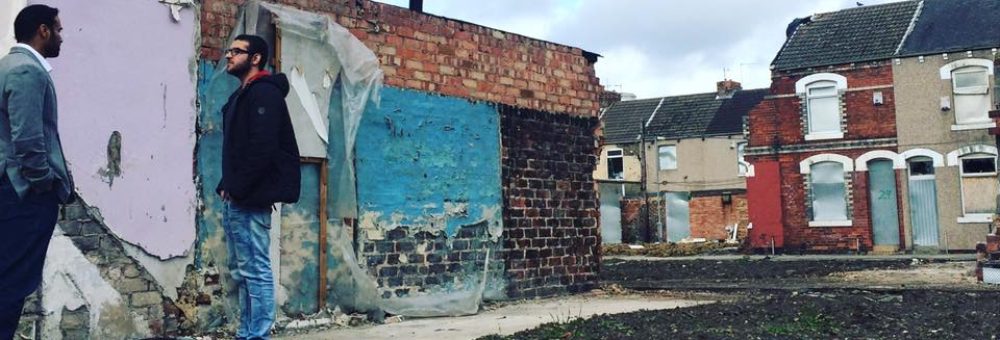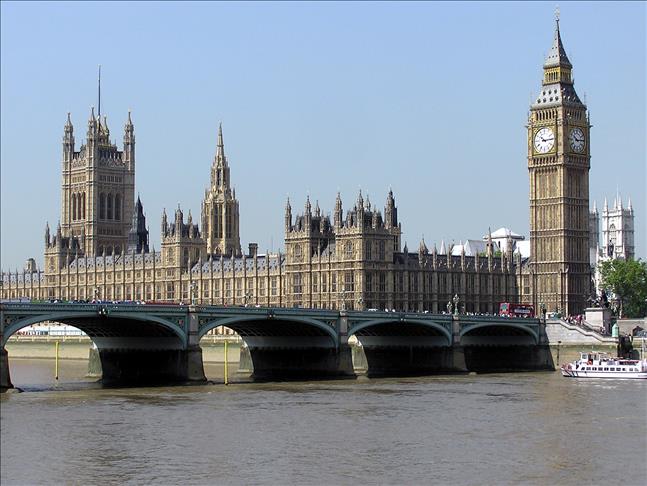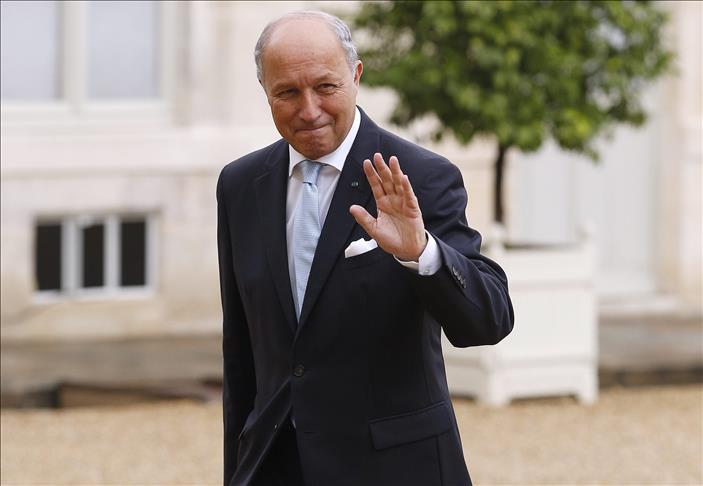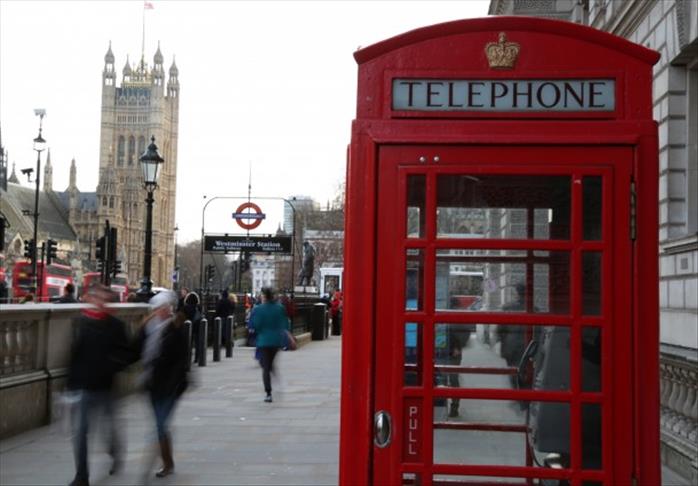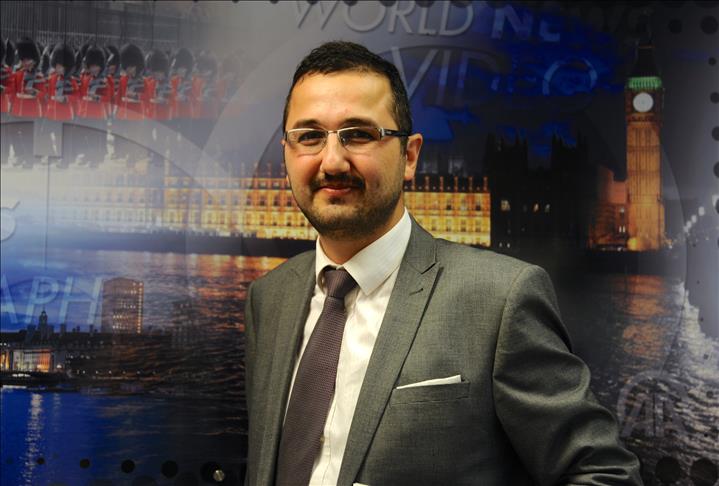“There are issues within society, but it [child abuse] is not an Asian or a Muslim problem, it’s a [an all round] problem,” Raza Nadim told AA.
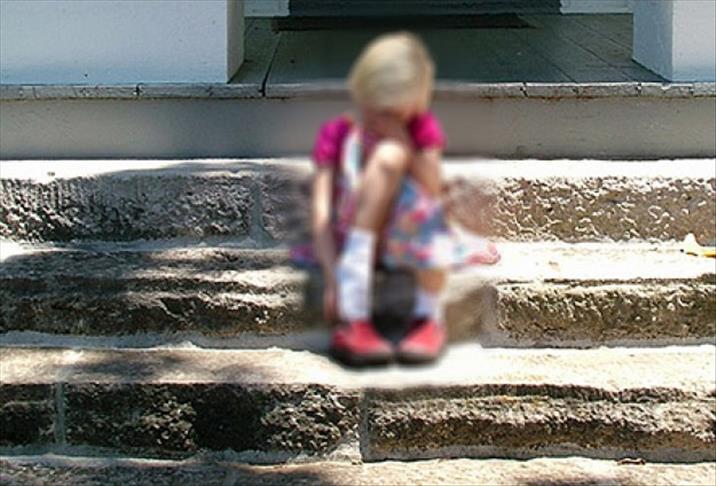
Allegations of institutional racism reared their head in the UK this week on the back of an independent report into child sexual exploitation in Northern England that found that 1,400 children had been the victims of “appalling” abuse between 1997 and 2013 – some of them as young as 11 years old.
Many British media outlets outraged race relations bodies by running stories on the findings with headlines highlighting the ethnicity of the perpetrators, after the report – commissioned by Rotherham council – identified the majority of those alleged to have “sexually groomed” children as of “Pakistani origin.”
Muslim Public Affairs Committee U.K. spokesperson Raza Nadim told the Anadolu Agency that he was “infuriated” by the suggestion that race was an issue in the crime, and the subsequent politicization of ethnicity as a factor.
“There are issues within society, but it [child abuse] is not an Asian or a Muslim problem, it’s a [an all round] problem,” Raza told AA.
“Blaming Asians or Muslims stokes up more tension and takes us away from the discussion we should be having… which is why did this happen in the first place and what can we do to help the children get through this?”
Race “should not” be the issue, he says, but “if we are to look at the wider UK and the race of those committing such crimes, then there are a lot of white pedophiles, there’s a lot of white sex offenders.”
It’s an issue that also concerns writer and journalist Steve Rose, with British society still coming to terms with the outing and charging of prominent white TV presenters from the 1980s for preying on the young.
“We haven’t racialized Jimmy Saville or Rolf Harris, or we haven’t said that there’s an institutional problem with white grooming gangs,” he says. “It’s a factor but it’s not as big as a factor as is being made out.”
The report – released this week – found that gangs of men groomed, abused and trafficked vulnerable children while victims were disregarded by police, and the local council – despite several reports highlighting abuse – had ignored the alleged abductions, beatings and trafficking of children to other towns and cities so that the abuse could continue. Many were also raped by different men.
As a result of the findings, Rotherham council leader Roger Stone resigned acknowledging “historic failings.” The local police and crime commissioner has also resisted calls to leave his post – with allegations of an institutional fear of racism also being leveled.
Among the many charges in the report were those from a previous inquiry in 2006 that said that “Young people in Rotherham believed at that time that the police dared not act against Asian youths for fear of allegations of racism.”
“This perception was echoed at the present time by some young people we met during the [latest] inquiry,” the report stated, but went on to conclude that “The Inquiry team was confident that ethnic issues did not influence professional decision-making in individual cases.”
This has not been reflected in the media coverage, states Rose.
“A fear of racism does not explain why the police viewed someone as promiscuous and being deviant. It’s good old-fashioned victim blaming, and what that does is when institutions fail people it enables the abusers to continue.”
“When you link child sex exploitation to race you undermine the seriousness of the topic. It’s not really about race… It’s about power… Making the issue about race, demonizes communities and ignores the victims who are not white.”
Disagreement, however, comes from the very community at which the finger is being pointed, Mohammed Shafiq – the Chief Executive of the Ramadhan Foundation and himself a British Pakistani saying “there is” a problem within.
“We in the Pakistani community have got a problem, particularly in northern towns where they think white girls are worthless and they think they can use and abuse them in this abhorrent sort of way and have no regard towards the sanctity of life,” he told AA.
“It’s something the community will have to confront, rather than looking for excuses, or rather than looking for other people to blame.”
Race is not the only factor, but it is “certainly quite a factor,” he admits.
Shafiq has come in for criticism for his views – not least from the British Pakistani community – but he remains adamant that he has the right to speak out.
“The fact [is] that this evil exists within our community, and we just have to do more to be outspoken about it,” he says.
He told AA that Pakistani and Kashmir men “tend to go for the white girls because they’re easier to get a hold of and easier to groom.” They are particularly targeted, he says, so the men don’t get any “fallback within the [Pakistani] community.”
But its not just race we should be scrutinizing, he says, but also our cultures.
“Within our [Pakistani] community our children are not around at that time of the morning, but some of these other girls are outside at 2 or 3 o’clock. This is an issue we’ve got to have a look at.”
“As parents, do these people know where their children are? Why are 13-14 year olds wandering around the streets” at this time?
“When you start to see padded bras in shops, and teenage magazines full of sex and the promotion of sexuality, then that all contributes to society where people think it is an acceptable form of behavior to be [a child and hanging out at 2am and] engaged in sexual activity with someone under the age of 16.”
Read the original article published in Anadolu Agency on 28 August 2014
